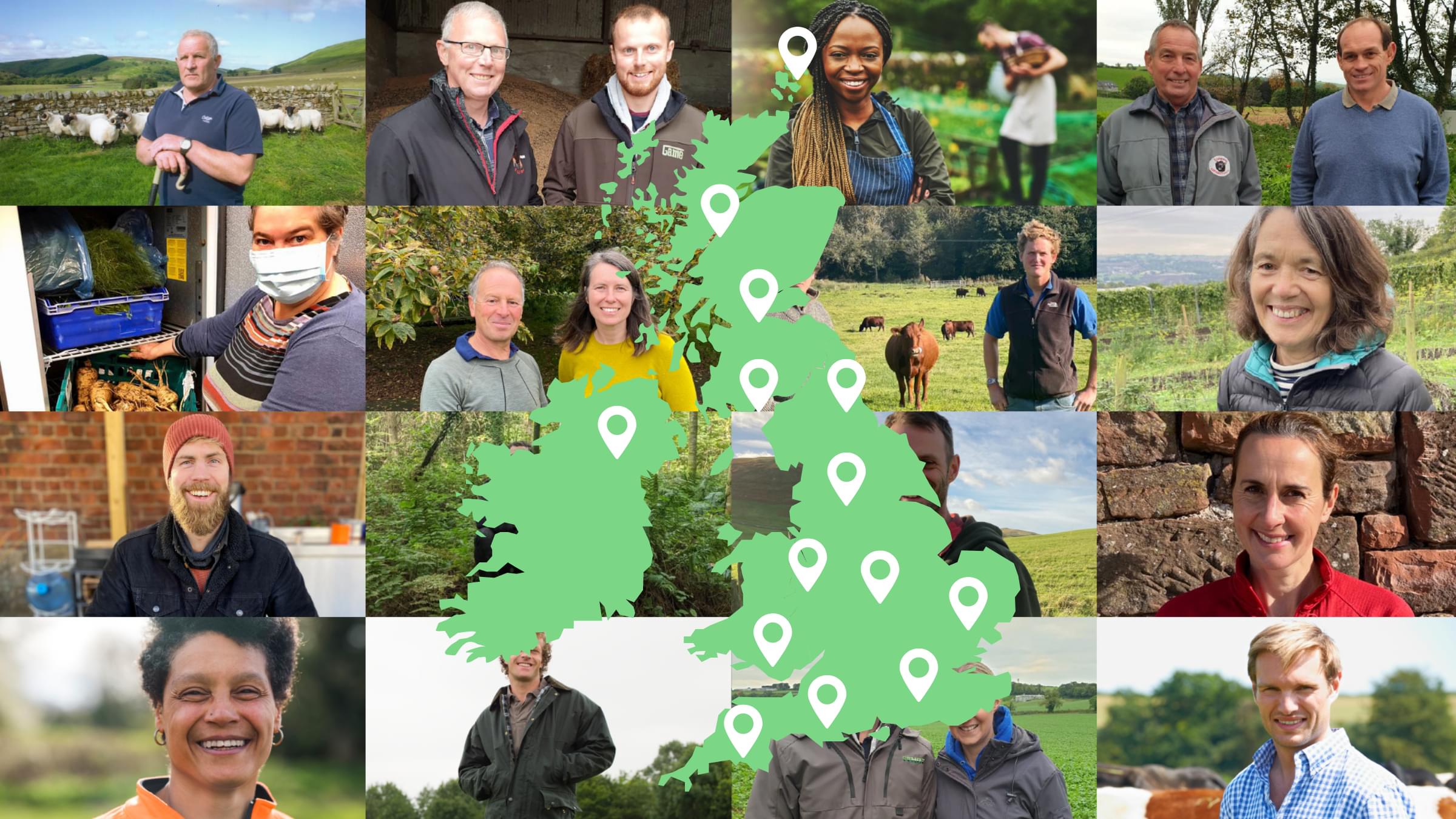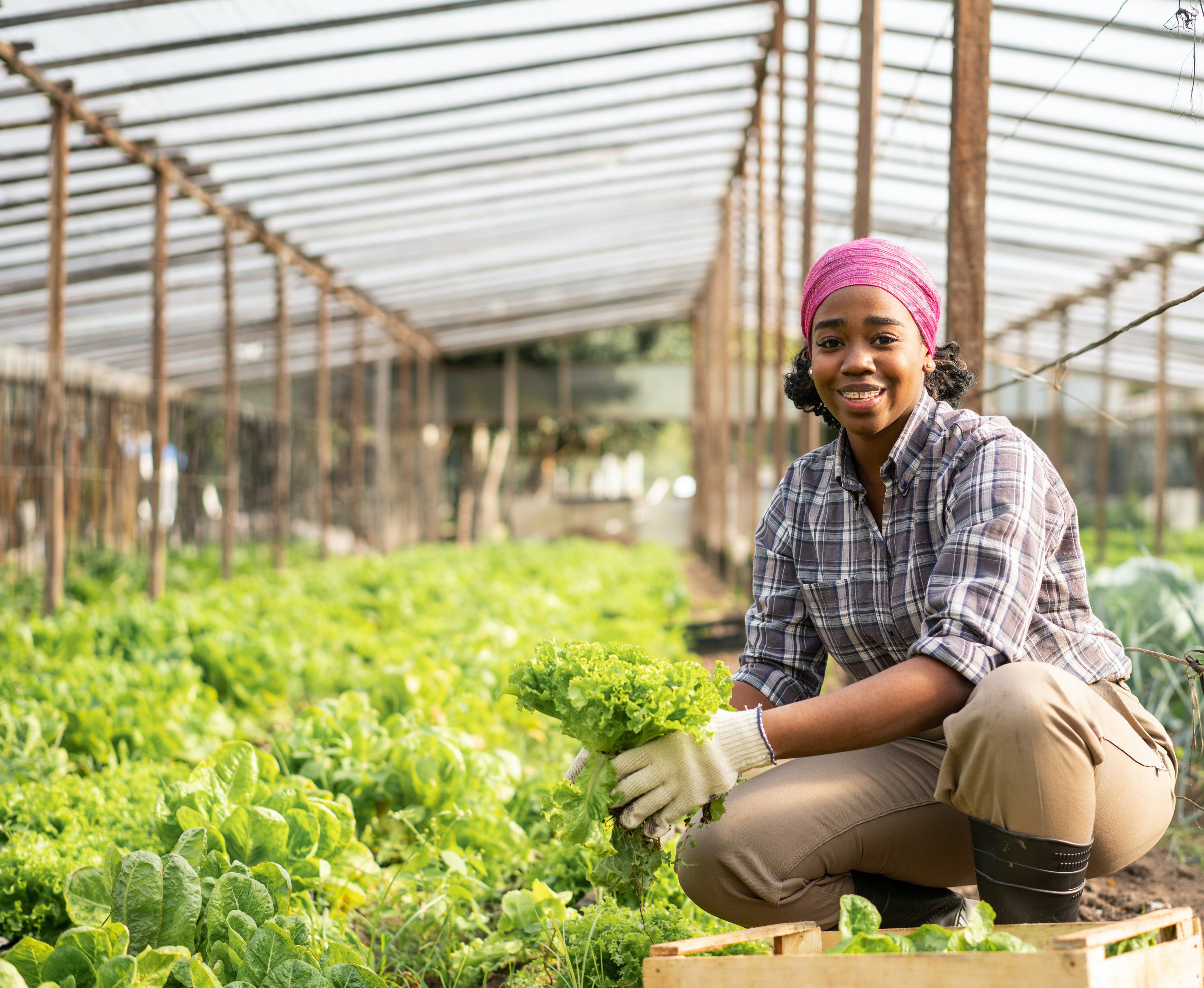

Agroecology is a growing movement including farmers and food producers who are using fair and sustainable regenerative practices. But it is more than a way of farming - it is a way of describing a healthy food system with huge potential to tackle climate change, regenerate landscapes and restore nature. Scroll down to find out more about FFCC research and evidence for how agroecology works and learn about the farmers, communities, businesses and organisations helping lead a transition to agroecology by 2030.
More about the definition of agroecology
Find out more below
“There is a growing consensus that agroecology… is the optimal route for the majority of our land. That momentum and endorsement is evidenced by great reports from the Food, Farming and Countryside Commission”
Helen Browning OBE,
Soil Association and FFCC Commissioner

The momentum and evidence for a wholesale transition to agroecology across UK nations is growing. Organisations across sectors are recognising the potential of agroecology to deliver many benefits, for nature, climate, health and the economy.
This illustration shows a version of the future in which agroecology is the primary operating principle. Fresh, nutritious, affordable food is readily available close to where people live, food businesses provide rewarding work for their local community and the ecosystem includes healthy rivers, healthy soil and access to nature for all.
Agroecology is a path to this future.


The data underpinning FFCC's Farming for Change report charts a pathway from the UK's current food and farming system, to a system in which agroecology is the dominant operating principle.
As the transition to agroecology brings more diversity into the landscape, it frees up more space for nature, reduces emissions and supports a healthier, more varied diet.
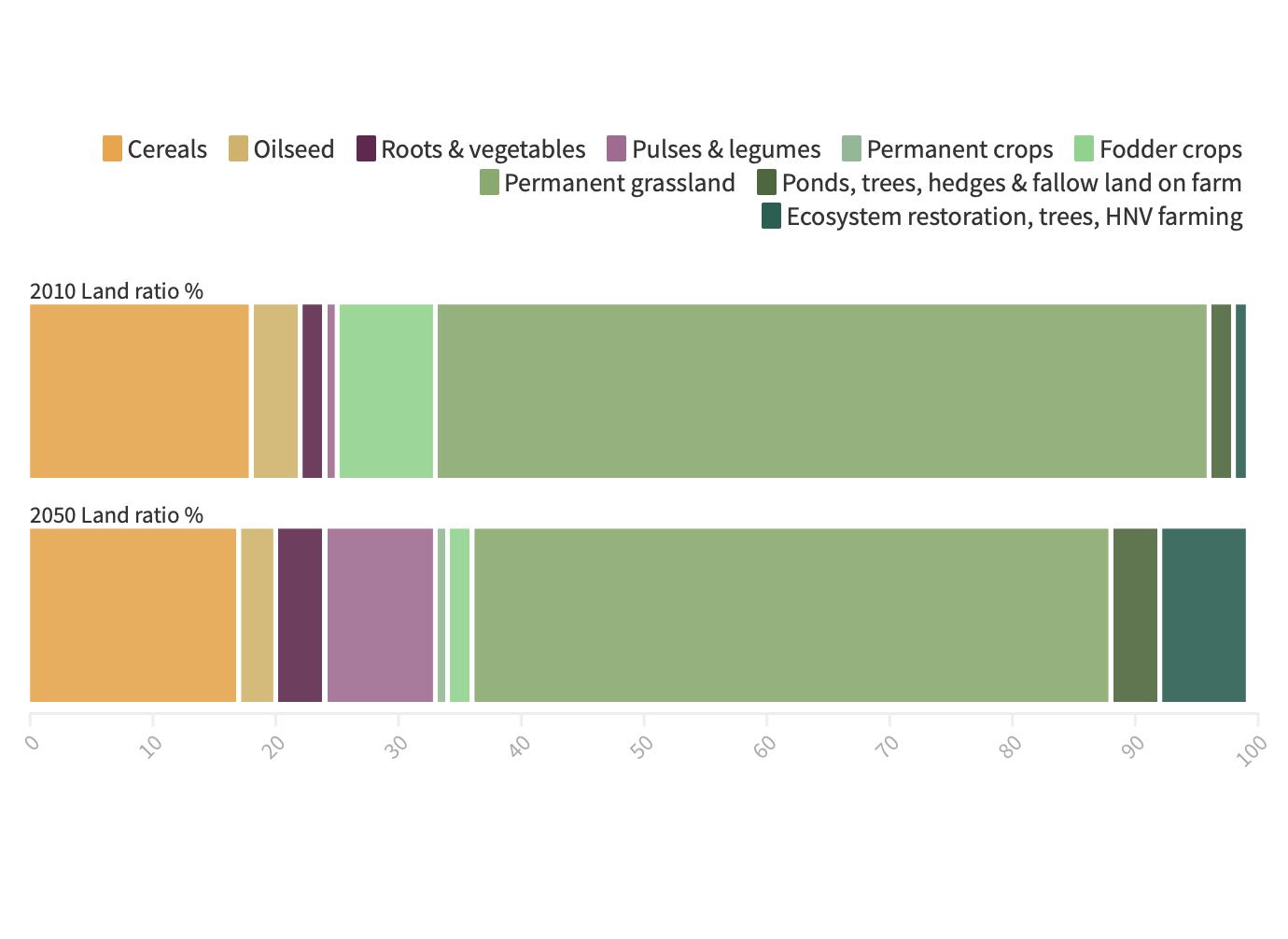
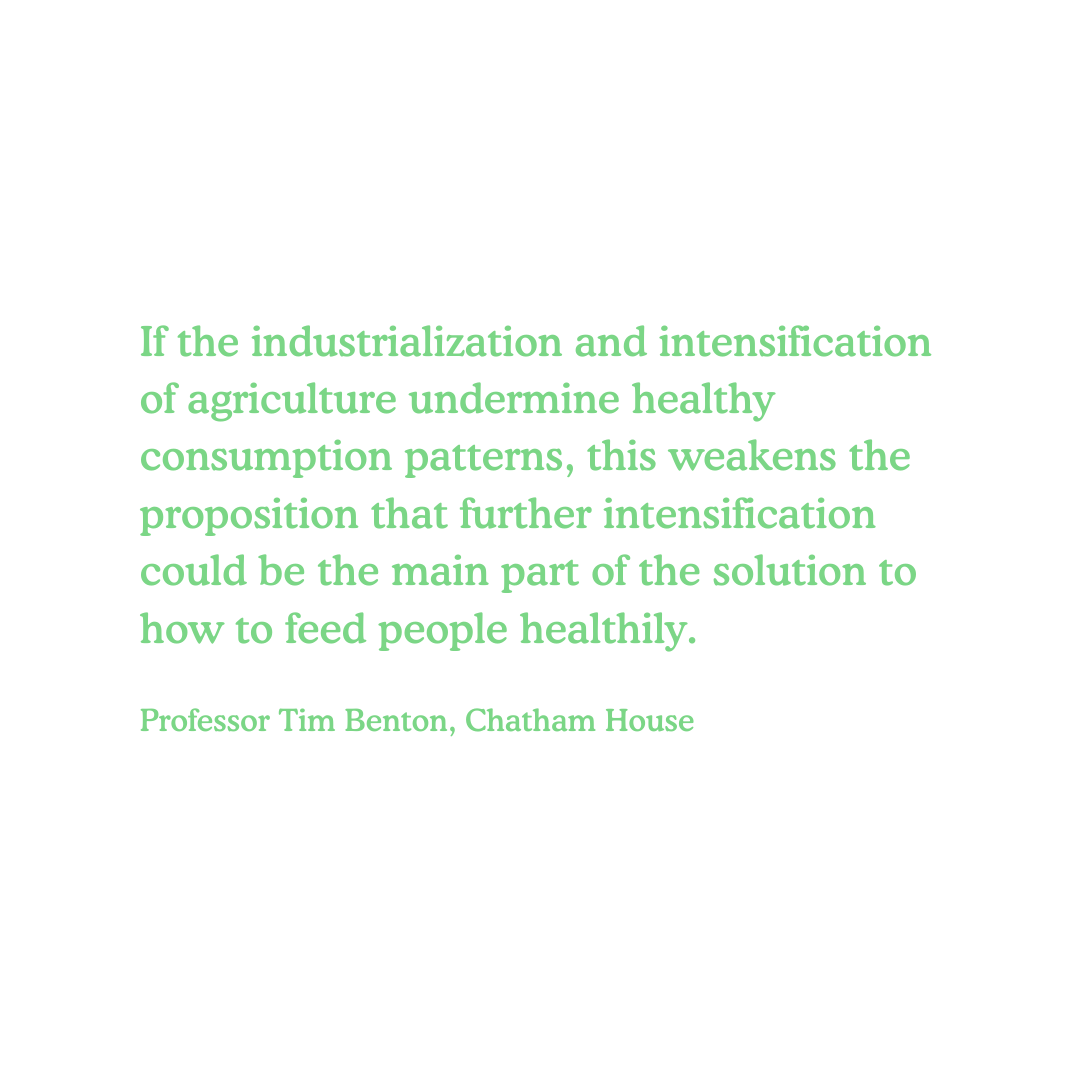

Concern about food security is driving an intensification of farming in certain areas of the UK, whilst in other areas land is being set aside to meet the nation's nature and climate goals - a pattern known as sustainable intensification.
Evidence from Chatham House shows that this approach - intensifying farming to meet demand - risks in turn driving more demand, which in turn drives up the value of land, and makes it less likely that this land can be protected - a lose-lose for nature and climate.
The research concludes that government should regulate markets to protect and enhance the many different public benefits that land provides.
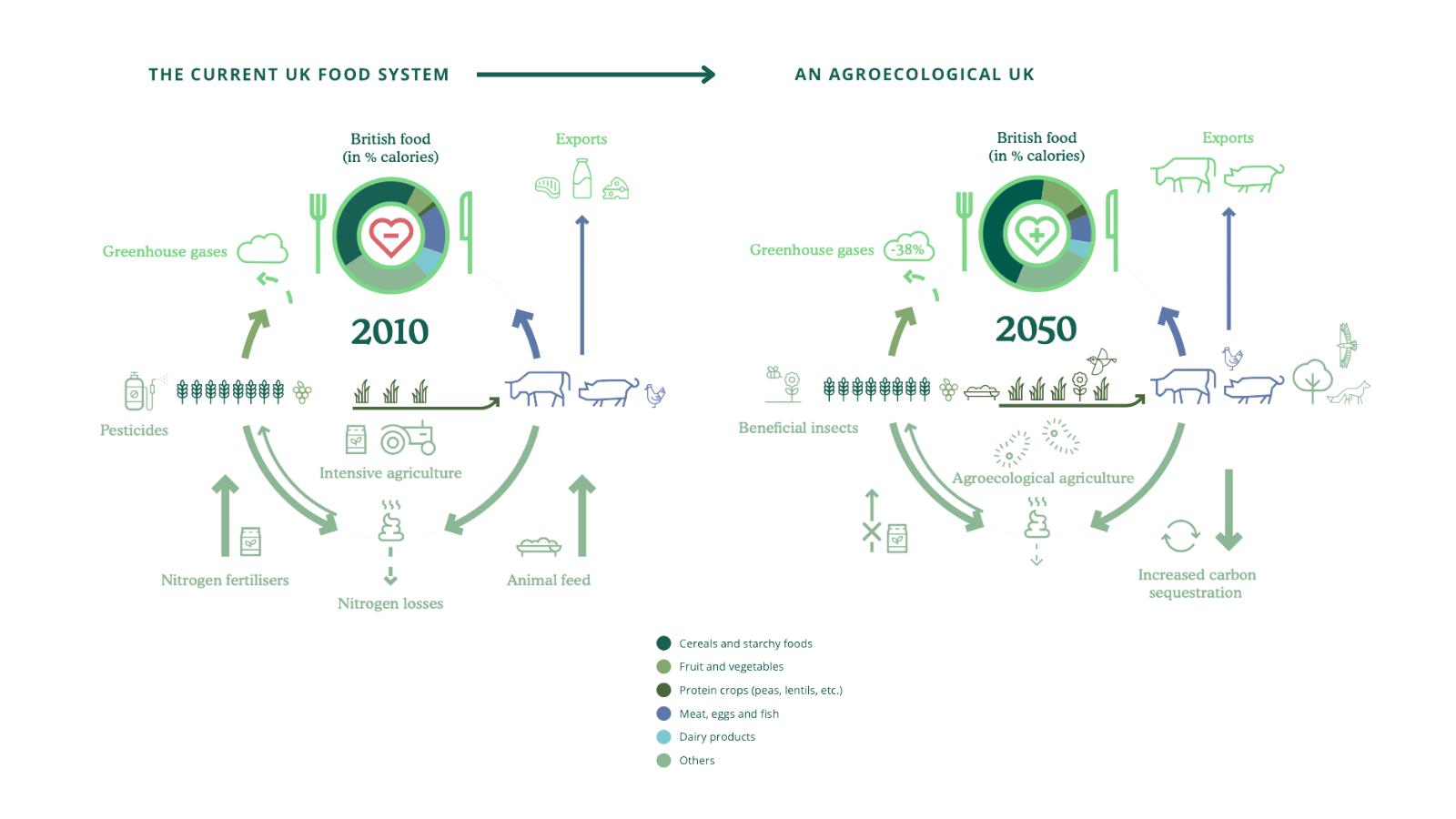
FFCC has produced a series of reports which examine the case for an agroecological UK

Published in November 2021, this report shows that a transition to agroecology:

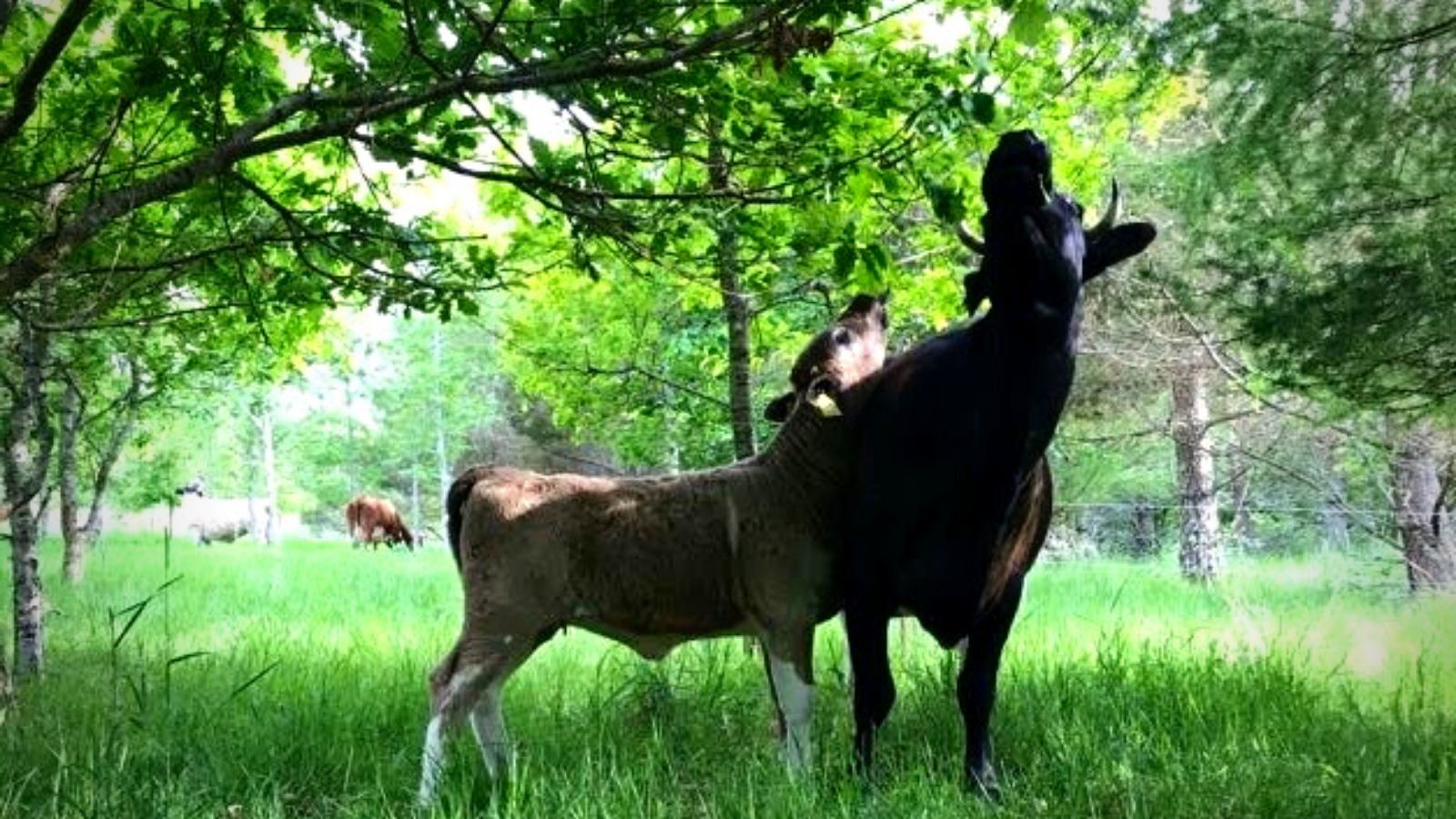

In January 2021, FFCC published this report introducing new modelling which provides evidence that a transition to agroecology in UK countries would allow us to grow enough healthy food for a growing population, entirely remove pesticides and synthetic fertilisers, free-up agricultural land for nature and other uses, and reduce net greenhouse gas emissions by 80%.

This report focusses on explaining the business case for agroecology at a farm level and the policy-level vision required to allow farm businesses to transition to this model with confidence. It explores the economic argument for regenerative farming and confirms that there is no need for a trade-off between profit and nature.
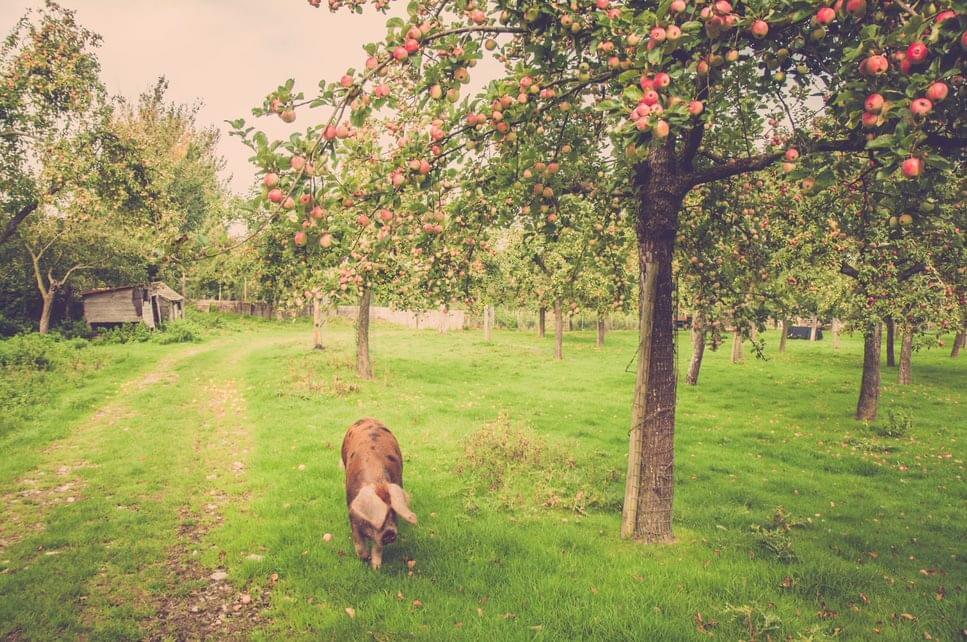


This report sets out the case for an Agroecology Development Bank which would serve a distinct and specialised role in agricultural and rural transformation. It provides a ‘win-win’ for UK governments by helping deliver against climate and nature ambitions and, at the same time, helping the agricultural sector to thrive.

Routes to Action shows that farmers, communities and businesses are already transitioning to agroecology and its regenerative practices across the country. FFCC's virtual tour of the UK helped to gather the knowledge and ideas from hundreds of people around six elements critical to this transition.


Evidence points to the important role of agroecology in Scotland's farming practice, and the huge potential for sector-wide change to deliver Scottish policy on climate, nature, health, and rural support.
Find out more about FFCC's work in Scotland below.
Across the UK, citizens are creating a fair and sustainable future. Read compelling stories of agroecology in action, at scale and throughout the food chain, here in the UK.
